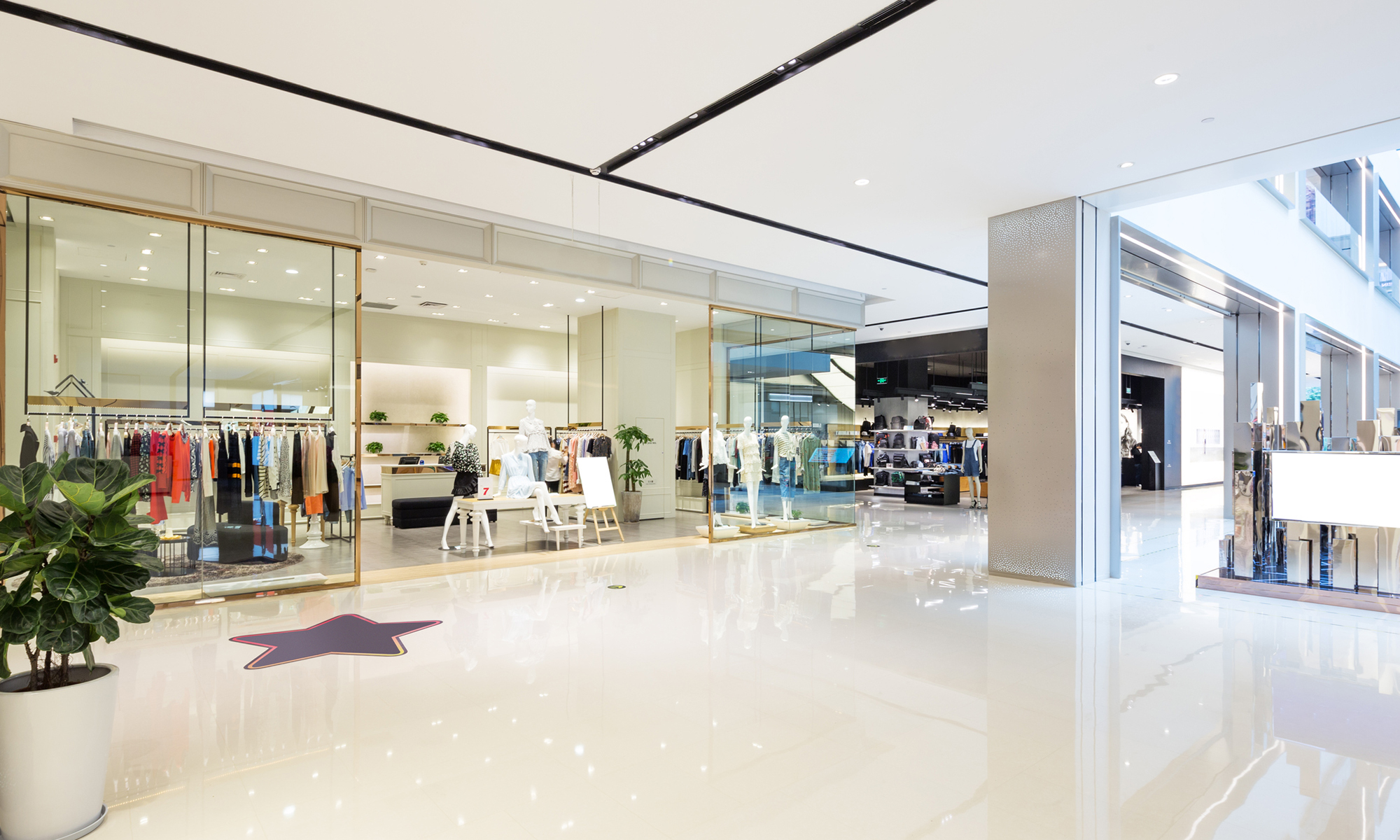In March 2021, the Senate reintroduced a revised version of a bill calling for online retailers to publish specific, verified information concerning high-volume third-party sellers of consumer products for their customers. The Integrity, Notification and Fairness in Online Retail Marketplaces (INFORM) for Consumers Act is directed toward putting an end to the online sale of stolen, counterfeit and unsafe consumer products.
In particular, online marketplaces that include high-volume third-party sellers would be required to authenticate vendors’ identities through essential identification and contact information in the hopes of preventing not only anonymous online sales of counterfeit goods, but also preventing organized retail crime rings from stealing from stores and reselling items online.
To read the full text of this Duane Morris Alert, please visit the firm website.
